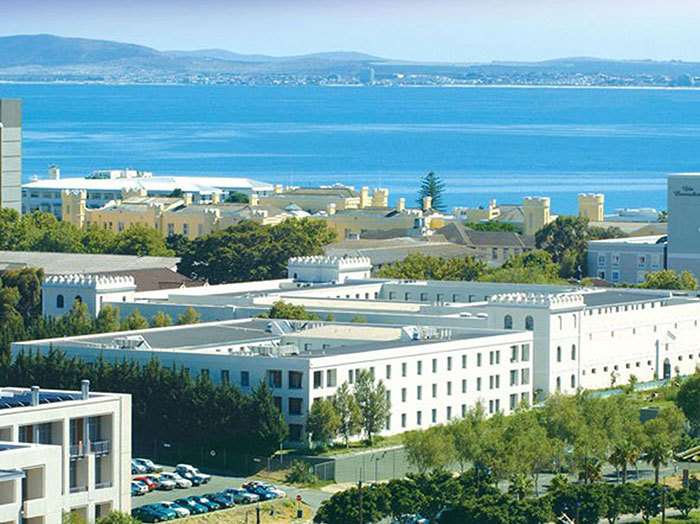GSB among the best in the world
03 February 2015 | Story by Newsroom
The full-time MBA programme at UCT's Graduate School of Business (GSB) has been ranked 52 in the latest Financial Times (FT) Global MBA Top 100.
The business school's ranking improved from 59 in 2014, despite competing against a record number of its counterparts in the largest competition pool in the history of the ranking.
"It's gratifying to be acknowledged as a school that's staying ahead of the curve in an increasingly competitive market. Business schools have to adjust for the shifting demands of the market or risk irrelevancy, a death knell in these times," says Professor Walter Baets, director of the GSB.
The GSB remains the only business school in Africa ranked in the Financial Times full-time MBA Top 100.
Best value for money
In another highlight, the GSB was singled out for offering the best value-for-money MBA in the world, thus ensuring that the school remains relevant to its context as an emerging market business school.
"Rankings are a convenient testament to the quality of your education. Considering the incredible time and effort it takes to get your MBA from a top school, you want that investment to pay off, so we take pride in our steady progress in the rankings as a reflection of this," says Baets.
The GSB is also the top business school in Africa according to the Eduniversal Rankings, released in October 2014. This is the seventh year that the school has walked away with the top honours on the continent.
Further, the school is one of just 66 business schools worldwide to be triple-crown accredited, with accreditation from the European Foundation for Management Development (EQUIS); the Association to Advance Collegiate Schools of Business; and the Association of MBAs.
A force for transformation
One of the ways the school is standing out from its peers is through its specialist centres such as the Bertha Centre for Social Innovation and Entrepreneurship; the Allan Gray Centre for Values-based Leadership; and the Solution Space – an innovation hub at the heart of its campus.
One of the Solution Space's many projects includes the Philippi Village development, which aims to nurture entrepreneurs and support skills development and job creation in Philippi in Cape Town. Initiatives like this are helping to redefine the role of the GSB, turning it into a force for transformation in Africa, maintains Baets: "We take a long-term view and are constantly working to ensure a stronger base for business in Africa, which desperately needs a good supply of innovative and ethical business leaders and managers as its economy grows."
 This work is licensed under a Creative Commons Attribution-NoDerivatives 4.0 International License.
This work is licensed under a Creative Commons Attribution-NoDerivatives 4.0 International License.
Please view the republishing articles page for more information.










